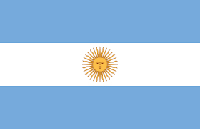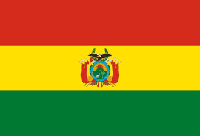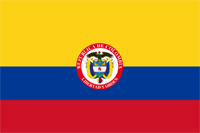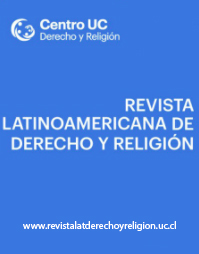Argentina : Argentina Episcopal Conference Guide-lines referring the performance of the Conference on sexual offenses against children and adolescents committed by clerics
 Guide-lines of action in case of abuse complaints were presented by Bishop Carlos Malfa, Secretary of the episcopal Conference of Argentina, on August 5 at the Faculty of Canon Law of Buenos Aires.
Guide-lines of action in case of abuse complaints were presented by Bishop Carlos Malfa, Secretary of the episcopal Conference of Argentina, on August 5 at the Faculty of Canon Law of Buenos Aires.
These guide-lines were elaborated, by attending the provisions of the Holy See, by several legal experts and other advises of the Episcopal Conference of Argentina; the Guide-lines were approved in April 2013, and were sent to the Holy See fr review. They serve as a guide or protocol for Bishops when faced credible news of the commission of any offense of this kind in their dioceses.




 The Bolivian Ministry of Health, through the resolution number 0027 of January 29, 2015, states that the possibility of an abortion is constitutional, in cases where pregnancy has been the result of the commission of a crime, assisting the woman to a public or private health center in order to have an abortion, without filing a complaint, nor the existence of accusation or indictment and neither previous sentence, but must communicate their situation to the competent public authority and that way the medical professional may perform the abortion. In that sense "abortion, should be bonded only to the consent of the woman and that must necessarily be assumed by a doctor who performed the abortion, to safeguard the lives of women in proper cases."
The Bolivian Ministry of Health, through the resolution number 0027 of January 29, 2015, states that the possibility of an abortion is constitutional, in cases where pregnancy has been the result of the commission of a crime, assisting the woman to a public or private health center in order to have an abortion, without filing a complaint, nor the existence of accusation or indictment and neither previous sentence, but must communicate their situation to the competent public authority and that way the medical professional may perform the abortion. In that sense "abortion, should be bonded only to the consent of the woman and that must necessarily be assumed by a doctor who performed the abortion, to safeguard the lives of women in proper cases." In Articles 1 and 2 of Conscientious Objection Bill in Colombia, from July 28, 2015, it is appointed what the project aims, including the definition of conscientious objection. Thus, the first article states that "the purpose of this law is to regulate the exercise of the fundamental right to conscientious objection in the matter of the fulfillment of certain legal duties, keeping the fair social order and proper exercise of rights".
In Articles 1 and 2 of Conscientious Objection Bill in Colombia, from July 28, 2015, it is appointed what the project aims, including the definition of conscientious objection. Thus, the first article states that "the purpose of this law is to regulate the exercise of the fundamental right to conscientious objection in the matter of the fulfillment of certain legal duties, keeping the fair social order and proper exercise of rights".